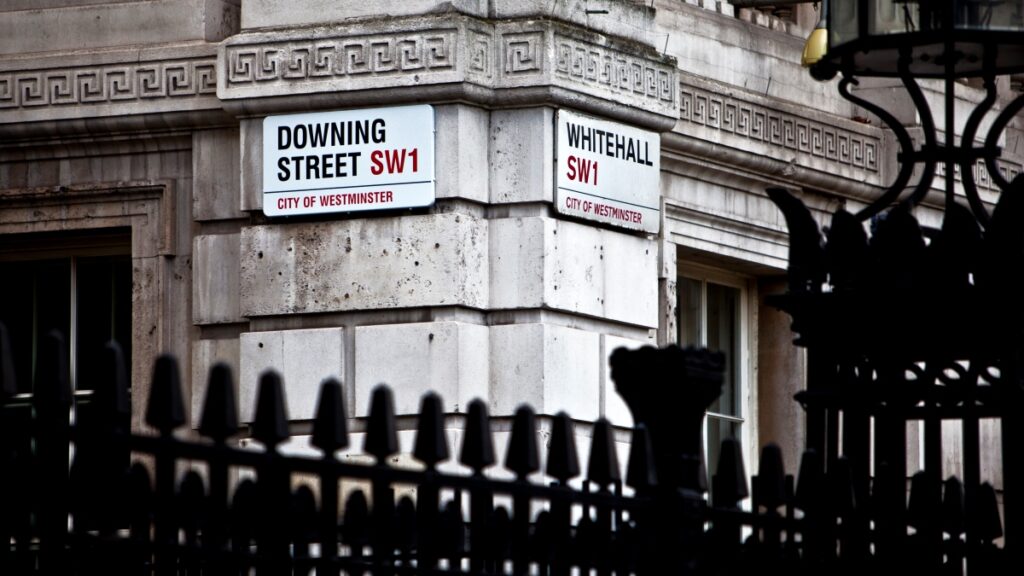The Chilcot report, when published next month, will surely criticise some of those responsible for launching the Iraq war and for the suffering and damage which it caused.
Lawyers are certainly already mulling over the prospect of litigation. Will Chilcot find breaches of international law? Will it find evidence of criminal liability? If so, are prosecutions possible?
Before the beginning of hostilities in 2003 the legality of an invasion of Iraq was intensively considered and publicly debated. Attention focused on the position in international law which is premised on the prohibition in the United Nations Charter of the use of force save in two exceptional cases. One is self-defence. The other is where force is authorised by the Security Council.
Self-defence did not arise because neither Britain nor the US was under attack or imminently threatened with attack. Even if it were true that Iraq possessed weapons of mass destruction, self-defence would not be a valid justification.
As to Security Council authority, Chilcot has surely examined the tangled history of Security Council involvement with Iraq since Saddam Hussein launched his own invasion of Kuwait in 1990. By Resolution 678 in November of that year it authorised the use of force to eject Iraq from Kuwait and to restore peace and security in the area. In April 1991 Resolution 687 affirmed the ceasefire which had been agreed on conditions which lncluded the destruction of any weapons of mass destruction. Resolution 1441 in November 2002 determined that Iraq had not complied with the conditions and gave it a final opportunity to do so. Weapons inspectors were to report on whether Iraq had now complied. Paragraph 12 of resolution 1441 records the Council’s decision “to convene immediately upon receipt of (such) report in order to consider the situation…” Before the weapons inspectors had time to complete their work, it appears that Tony Blair and George W.Bush agreed to ignore paragraph 12 and launch their attack.
Yet Mr. Blair had recognised the need for legal advice. On 7 March 2003 Lord Goldsmith, the Attorney-General, provided him with a 13 page opinion on whether an invasion would be lawful. It was not seen by the Cabinet. Subsequently, when it came into the public domain in 2005 , it revealed an equivocal conclusion:
I remain of the opinion that the safest course would be to secure the adoption of a further resolution to authorise the use of force.
Understandably, this was not good enough for Admiral Boyce, Chief of the Defence Staff, who wanted re-assurance that he was not being asked to send his troops to commit war crimes. Evidently Goldsmith was put under pressure to review his opinion and on 17 March, in the House of Lords he asserted that no second resolution was necessary because the Security Council resolution 678 authorising the use of force in 1991, was automatically revived by the alleged failure of Iraq to comply with its obligations to disarm. Both the Foreign Office legal adviser at the time, Sir Michael Wood, and his deputy, Elizabeth Wilmshurst, gave evidence to Chilcot that they had advised that an invasion would be illegal without a further resolution of the Security Council. Wilmshurst resigned because of her disagreement with the revised Goldsmith view.
If Chilcot supports the view that the invasion violated the UN Charter, what are the consequences? There has been speculation about the prospect of a prosecution in the International Criminal Court . That would require an investigation by the Court and a willingness to embark on the prosecution of an individual or individuals accused of specific offences within its jurisdiction. However it has sometimes been overlooked that the ICC is a court of last resort. By section 51 of the International Criminal Court Act of 2001 the United Kingdom has made genocide, crimes against humanity and war crimes as defined by the ICC treaty criminal offences against UK law triable in UK courts where such offences are committed by UK nationals or residents. Proceedings can, however, be brought only with the consent of the Attorney-General.
The ICC treaty does not allow immunity to states or heads of state but prosecution of an individual does require proof of personal responsibility for the crimes committed. The issue of “command responsibility“ has been a key element of the defence of those prominent defendants who have already been tried in the ICC and in the international tribunals dealing with human rights violations in Ruanda and in the former Yugoslavia. However, section 66 of the 2001 statute has tried to shut off the easy escape of the most senior leaders from criminal responsibility by declaring (with some qualifications) that military commanders or other superiors are to be held responsible for offences committed by their subordinates.
Of course the proviso requiring the Attorney-General’s consent could mean that there will be no prosecutions whatever the legal merits. A precedent in the United States is not encouraging. In December 2014 an authoritative report from the US Senate chaired by Senator Dianne Feinstein found compelling evidence of illegal tortures carried out on the instructions and authority of government officials, including some at the very highest level. No prosecutions have taken place and a report which was headline news when it was published has apparently been forgotten. Does the same fate await Chilcot?
This article first appeared in the New Law Journal.
